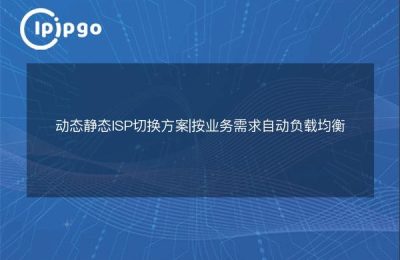
Relationship and differences between proxy and static IPs
Proxy IP and static IP are two common types of IP addresses in the network, and they play different roles in network communication. Understanding the relationship and differences between them is crucial for network security and data transmission. Below we will analyze Proxy IP and Static IP to help you understand them better.
Proxy IP vs. static IP
There is no direct relationship between Proxy IP and Static IP, they are two completely different types of IP addresses. Proxy IP is usually used to hide the real IP address to realize anonymous access and break through access restrictions; static IP refers to a fixed public IP address, suitable for scenarios that need to provide services to the outside world.
In some cases, proxy IPs can also be static IPs, which mainly depends on the proxy service provider's IP allocation method. Generally speaking, proxy IPs are more often used in scenarios such as reverse proxies, crawlers, and data collection, while static IPs are suitable for servers, domain name resolution, and other scenarios that require stable external services.
Difference between Proxy IP and Static IP
1. Different modes of utilization
Proxy IP is usually relayed through a proxy server, which can realize the functions of changing IP address and hiding the real IP, etc. Static IP refers to a fixed IP address, which will not be changed.
2. Differences in security
Proxy IPs are less secure and can be abused, blocked or restricted access; static IPs are relatively more secure because they are fixed and trusted.
3. Different scenarios of use
Proxy IP is suitable for the scenarios that need to hide the real IP or break through the restrictions, such as crawlers, access to overseas websites, etc.; static IP is suitable for the scenarios that need to provide services to the outside world in a stable manner, such as websites and servers.
Overall, Proxy IP and Static IP each have their different characteristics and roles, and their proper understanding and use can better meet the needs of network communication and data transmission.
I hope that through the analysis of this article, you can have a clearer understanding of the proxy IP and static IP, to avoid confusion and errors in the actual application, to protect the stability and security of network communications.








